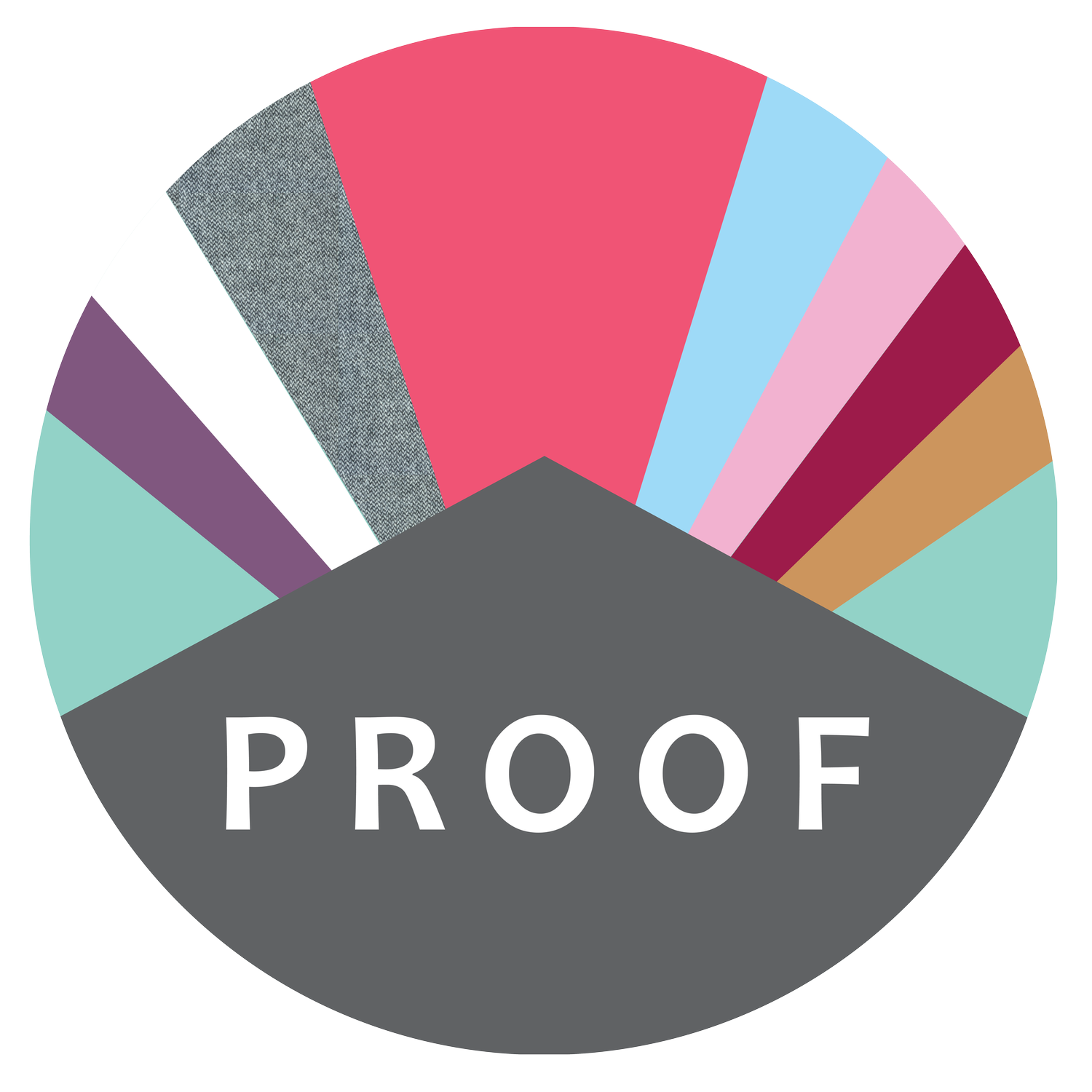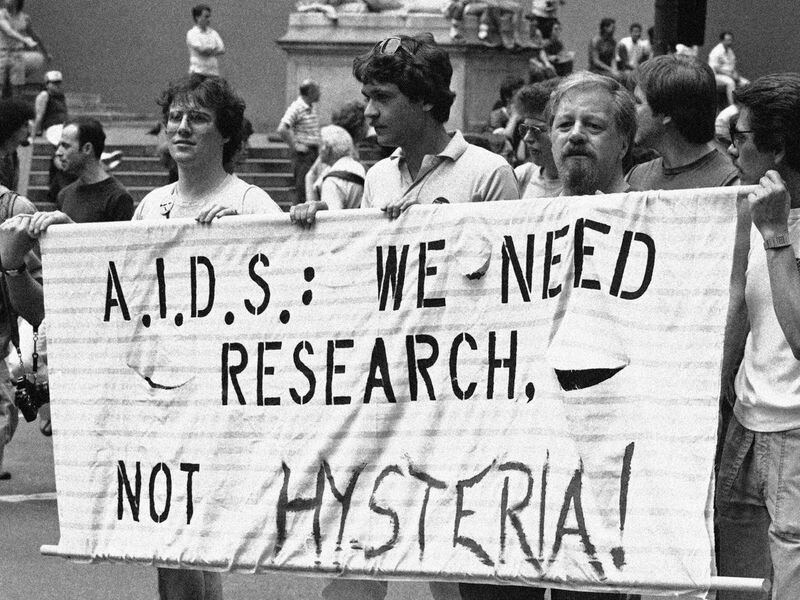What We Owe the Queer Community
Here we are: It’s June 2021, California is home to nearly 2500 licensed cannabis businesses. Billboards line freeways advertising discounted ounces, and “budtender” is common vernacular. Since June 1, most of these companies have placed a rainbow filter over their social media profile pictures to say “we stand with the Queer community,” and they should, because without the queer community, we wouldn’t be here today.
The queer community not only catapulted cannabis legislation into existence, it is the very backbone of the cannabis legalization movement in San Francisco, as well as the compassionate use act that keeps cannabis accessible today in the Prop 64 era. Today, this blog post is dedicated to the LGBTQIA+ folks who, by putting their lives and livelihoods on the line, paved the way for cannabis legalization in California and beyond.
1980s - The AIDS Epidemic & The War on Drugs
In the early 1980s, AIDS was just beginning to have a name, but the gay communities, specifically in Los Angeles and San Francisco, were beginning to see the effects of a widespread epidemic. Otherwise healthy young men were dying of unknown illness at alarming rates. Press conferences about the illness were riddled with homophobic slurs and jokes, rather than addressing policy or strategy to prevent the spread and casualties of the disease. Reagan never mentioned AIDS publicly until 1985, when 4,000 Americans had already died from the disease. Meanwhile, he had been cutting funding to the CDC among other federal agencies. From the vantage point of living through Covid and having the associated epidemic response, it’s appalling to reflect on the insipid nature of the formal response to AIDS in the 80s.
In the midst of this landscape, gay community leaders were forced to step up and start their own organizations to provide support and education around HIV & AIDS. Without proper funding, AIDS research was slow moving, and communities were largely forced to find their own means of treating symptoms. Of those, medical marijuana became one of the focuses. This time period was also known for the “War on Drugs” which Reagan expanded with the Comprehensive Crime Control Act of 1984, increasing penalties for cannabis possession as well as mandatory minimum sentences. Despite the “war”, and risk of imprisonment, underground cannabis clubs were flourishing and providing medical cannabis to folks who were finally able to experience some relief. Even as experimental AIDS treatments began to be distributed, many of the first treatments had terrible side effects, were expensive, and systematically excluded people of color and trans folks. Cannabis was a saving grace, and was largely provided by queer activists in the greater San Francisco area.
Dennis Peron & The Compassionate Care Act
Dennis Peron (left) and Harvey Milk (right) in the mid-1970’s.
Dennis Peron, now a household name, was one of the San Francisco pioneers of the cannabis movement. Peron was a successful cannabis cultivator and activist throughout the 70s; he lived in the Castro and was a close friend of Harvey Milk. In 1978, the year Harvey Milk was assassinated, he authored Proposition W, and that same year he was also involved in a large bust wherein he was shot by police and sent to prison for nearly 2 years. Throughout the 80s, he witnessed his community battle with AIDS and facilitated (alongside Brownie Mary, who we’ll mention later) the distribution of medical cannabis to people suffering from AIDS. In 1991, Dennis Peron’s partner, Jonathan West, died of AIDS. Throughout the 90s, Dennis Peron continued to fight for the legalization of medical cannabis, authoring Proposition P in 1991 and finally Proposition 215: The Compassionate Care Act, in 1996, which effectively legalized medical cannabis in California for the next 22 years. These later accomplishments were also accompanied by raids and arrests.
In 2016, Peron opposed Prop 64 which legalized recreational cannabis in California; he believed all cannabis use was medicinal. In effect, Prop 64 did make medicinal access to cannabis much more difficult for patients by imposing bans on free cannabis and steep taxes on the purchase of cannabis. Regulatory oversight of cannabis after Prop 64 pushed many small heritage cultivators out of business, unable to surmount the hurdles of regulation and licensure. Of course, these hurdles disproportionately excluded those who have systematically limited access to capital and legal resources; namely people of color and LGBTQ folks. These were the same folks who had been, for years, living with a target on their backs for cultivating & distributing medical cannabis. This cruel irony in the “progress” of cannabis legalization was likely not a surprise to Dennis Peron.
But Dennis Peron’s name in cannabis activism wouldn’t end in 2016. In 2019, Gavin Newsom signed in SB-34 aptly named the “Dennis Peron and Brownie Mary Act,” which exempted Compassionate Care programs from paying state cannabis taxes, and allowed those programs to provide free, donated cannabis products to medical patients. This act has been a huge step forward for cannabis accessibility in California, and hopefully the first of many that can help bring cannabis back into the hands of those who need it most.
Queer Cannabis Today
While Dennis Peron’s name is important in the history of queer cannabis, he is just one of the best known. There are many queer activists that made cannabis what it is today, and many queer cannabis businesses who deserve our support. Proof is not queer owned. Through our ethical souring program, we have the honor of working with two amazing queer -owned and -operated farms: Ventoso Farms and Tuff-n-Tendergrass. When considering which cannabis products to indulge in this month, please consider supporting a queer business! Without the grinding and largely unrecognized work of the queer community, the cannabis industry wouldn’t resemble what it is today, and we salute and honor that legacy.



